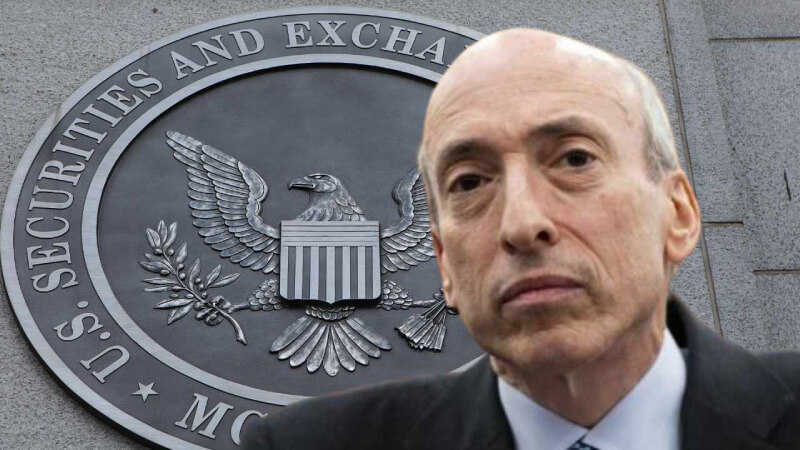- Gensler’s leadership brought key reforms to U.S. Treasury and equity markets.
- SEC’s enforcement actions returned billions to harmed investors under Gensler.
- Crypto market regulation saw significant progress with Gensler’s tenure.
Gary Gensler, the 33rd chair of the U.S. Securities and Exchange Commission (SEC), has announced he will depart from the agency on January 20, 2025. Gensler, who assumed office on April 17, 2021, has led the SEC through significant reforms to enhance the integrity and efficiency of U.S. capital markets.
His tenure has seen the adoption of key regulations to improve market resilience and investor protection and focus on enforcement actions that returned billions of dollars to harmed investors.
Under Gensler’s leadership, the SEC introduced a series of critical reforms to various sectors of the U.S. capital markets. One of the most notable achievements was adopting rules to improve the $28 trillion U.S. Treasury market.
These rules aimed to reduce costs and risks by promoting central clearing and limiting exemptions for broker-dealers. These efforts were designed to increase efficiency and lower risk across the broader market.
Gensler’s SEC implemented the first major updates in the U.S. equity markets in nearly two decades.
The SEC introduced changes to the National Market System, which improved the efficiency of stock trading, reduced fees, and narrowed spreads. The SEC also shortened the settlement cycle for stock trades to one day, reducing risk for investors.
Gensler’s tenure also focused on strengthening the resilience of financial markets. The SEC amended rules related to Form PF, which requires investment advisers to report certain events.
The new rules were aimed at improving the quality of information provided to the SEC, increasing transparency, and helping the agency identify potential risks. Additionally, reforms were introduced to enhance money market funds’ liquidity, transparency, and overall stability.
Corporate governance also received attention, with the SEC adopting rules that increased transparency for executive compensation and shareholder voting on director elections.
These changes were designed to foster greater trust in corporate practices and ensure investors had the necessary information to make informed decisions.
Under Gensler, the SEC ramped up its enforcement efforts, securing billions of dollars in violation penalties. More than 2,700 enforcement actions were filed, leading to approximately $21 billion in penalties and disgorgement orders. Between 2021 and 2024, the agency returned more than $2.7 billion to harmed investors.





